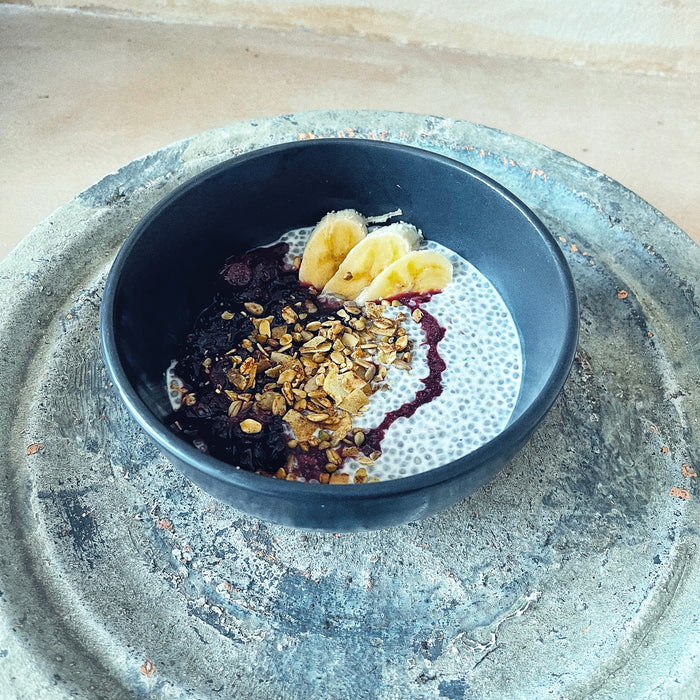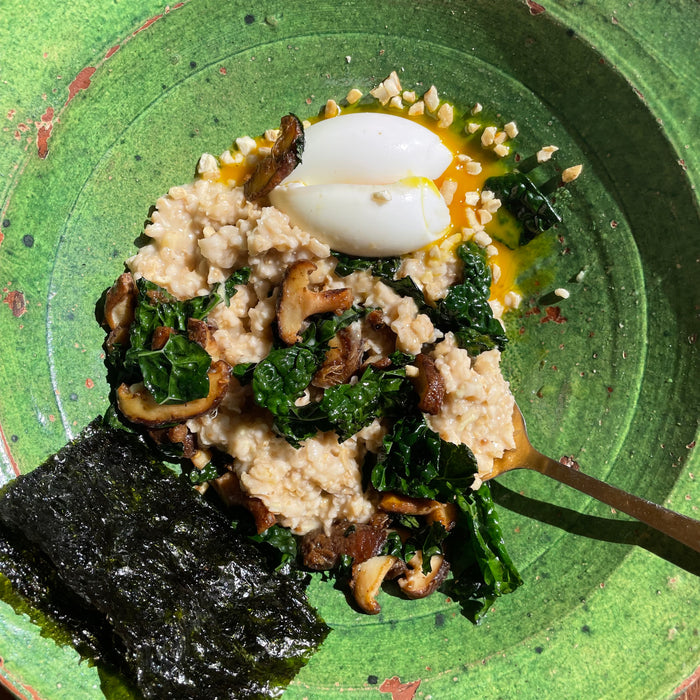Superfoods rich in antioxidants can boost our immune systems to cure infections better and prevent disease. Many have been eaten for thousands of years. You may be already aware that vitamin C, Zinc, D, Selenium and good gut health support the immune system, but did you know that foods can do this too? These plant-based superfoods do the trick, from fruit to a leaf to juice to sprouts. There’s even a form of broccoli the broccoli-haters may like.
Our first line of defence should be to choose a healthy diet and to reach for natural immunity boosters. To prevent disease and cure infections, the immune system sometimes needs a boost that eating a diet rich in antioxidants found in superfoods may provide. Here are five plant-based ingredients that offer immune support thanks to the phytonutrient compounds they contain.
Gooseberries (Amla Berries)
This ancient, grape-sized and nutritious fruit has many fans, from American President Abraham Lincoln, who is reported to have loved his baked-in pies, to practitioners of traditional Indian medicine. Ayurveda has included Indian gooseberries, or amla, in many medicinal formulations, particularly because of their rich vitamin C content (20 times more than lemon juice), to ward off common illnesses and build immunity.
The most common formulation is Chyawanprash – a jammy preparation made primarily with gooseberries and spices, which has been a staple in Indian households for years. Chyawanprash has been known to improve digestion, strengthen the respiratory system, and boost immunity.
How To Consume Amla Daily?
Take a tsp of amla powder with lukewarm honey water first thing in the morning. This promotes healthy bowel movement, aids weight loss, boosts metabolism, and prevents acid reflux in your body throughout the day.
Mix a spoonful of amla with warm ghee and take it at bedtime. This helps improve hair health, prevent greying, and strengthen your eyesight. A juice prepared by crushing 4-5 fresh amlas with added ginger and wet turmeric in little amounts can help you with allergies and asthma. It also promotes lung health and general immune system. Amla may trigger dryness sometimes and can also cause increased bowel movements. Make sure you maintain good hydration in such an event and also reduce the daily dosage.
Neem
Almost all of the neem plant – its bark, leaves and flowers – is used in Ayurvedic and Alternative medicine to benefit the body in several ways, from purifying the blood to regulating blood sugar levels.
The neem Tree leaf (Azadirachta indica) has been used for thousands of years to support a healthy epithelial (skin) barrier in both the gut and respiratory tracts. Its nicknames, village pharmacy’ and Queen of the Skin, describe its role in supporting the immune system by maintaining healthy skin quite perfectly [1]
Neem plays an important role in keeping the body’s microbiomes in balance. Neem has been found to create an environment detrimental to bad bacteria, while supporting good bacteria. Healthy gut flora is linked to increase immune system and resistance to cold and flu.
The newest science is beginning to understand one of the mechanisms of how this works. It turns out neem is antagonistic to biofilms. Biofilms create safe havens for bacteria to flourish, take root on the intestinal wall, and negatively impact gut microbiology [4] [6] This plant is also integral to personal care and household products, from toothpaste to natural pest control remedies. While neem capsules are convenient to take, fresh neem leaves, with their striking bitter taste, have the highest potency and the most healing properties.
Sprouted grains and broccoli sprouts
Whole grain sprouts, such as those from Kamut (Khorasan wheat) and spelt, are a powerhouse of nutrients, containing antioxidants, lots of fibre and protein, and have probiotic properties. They are easier to digest in the germinating stage than in mature grains. The nutrients include folate (vitamin B9), iron, vitamin C, zinc, and magnesium. Healthy probiotic gut flora plays a vital role in our immune system and fighting off seasonal colds and flu. Hight in antioxidants, it protects our cells from free radical damage.
Sprouted grains are also a favourite among chefs, bakers and athletes, as they are easy to make and don’t require complicated kitchen equipment. Soak whole grains in water for up to 10 hours during the day, and leave them covered in a sieve, soup strainer, or wet cheesecloth overnight. Sprouts are best eaten after blanching or steaming, as eating them raw could result in gastric problems in sensitive people. Visit us and discover the freshness of sprouts in-store.
Broccoli sprouts
Not to be confused with broccoli heads or Brussels sprouts, broccoli sprouts are a rather recent entrant to the world of superfoods. They’re a big hit among health coaches, dietitians and food bloggers and healthy products. Studies have shown that cruciferous vegetables, such as broccoli, Brussels sprouts, kale, and cabbage, are good for health and linked to reduced risk of chronic diseases and have anti inflammatory, anti-aging, and possibly cancer-fighting effects. It contains high levels of Vitamin C as well as it alkalises our body which helps to reduce inflammation and support overall immune function.
Turmeric
Turmeric [2] is hot in potency. Its action on the metabolism makes it a valued drug in the treatment of diabetes mellitus and other kinds of urinary disorders. It is a revered detoxifier. It reduces inflammation and is excellent for wound healing, bone health, eyes, and skin.
How To Consume Turmeric Daily?
You can take a pinch of turmeric along with a tablespoon of fresh aloe vera leaf-gel as the first thing in the morning. This helps relieve bowels, regulate hormones, and boosts metabolism.
Take ¼ tsp turmeric powder plus a spoonful of amla powder early in the morning with warm water. This boosts metabolism and helps maintain healthy blood sugar levels.
Add ¼ tsp of turmeric powder to a fresh paste of neem leaves and consume it in the morning. It helps to relieve allergies, clears the blood, and promotes skin health.
Warm turmeric milk with powdered black pepper is very comforting, boosts bone health, and relieves inflammation when taken at bedtime.
Garlic
Garlic is a hot herb that balances Ayurveda's Kapha and Vata dosha. It increases Pitta and should be used with caution in hot months and by people with hot temperaments. Garlic [3] has all the tastes except sour. It prevents aging and is valued for its positive effect on Vata dosha. Garlic promotes skin health and digestion. It contains strong antimicrobial components and prevents bacterial infections, Herbal western medicine is also used for treating parasites or cardiovascular health in the form of Kyolic garlic.
How To Consume Garlic Daily?
Boil a crushed pod of garlic in a mix of ½ cup of milk and ½ cup of water. Continue to boil it till it becomes half. Strain it and add a little amount of sugar to it. Take this as the first thing in the morning. This helps you keep up the bone health and reduces undigested toxins from your system.
Boil a pod of garlic along with a spoon of powdered fenugreek seeds in a mix of half a cup of water and half a cup of milk. Continue boiling it till half a cup remains. Take this with ½ spoon of castor oil and a little sugar. When taken early in the morning, this drink acts as an excellent anti-inflammatory. It improves bone health, digests toxins, and aids gut health.
Crush a couple of garlic pods and form a paste. This can be taken with warm water or added to soups. This can help you relieve cough and congestion. Garlic is a very hot spice and should be taken with caution by women who suffer from heavy menses and people who frequently suffer from hyperacidity. You can find different types of garlic at Santos Organics stores.
Enjoy your experiments.







